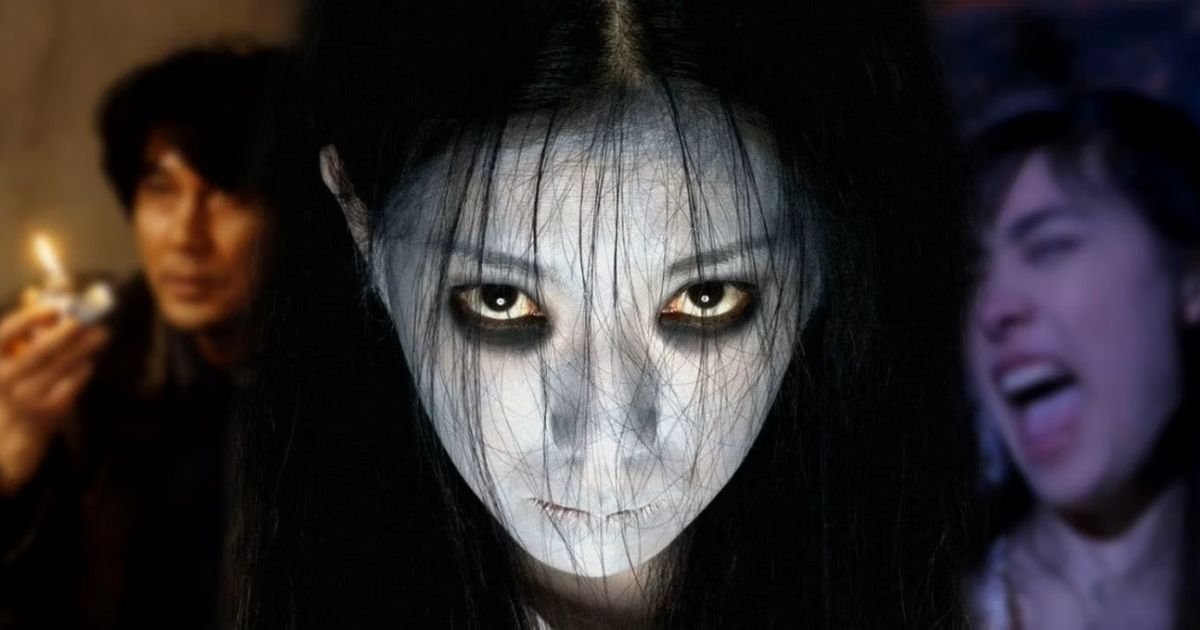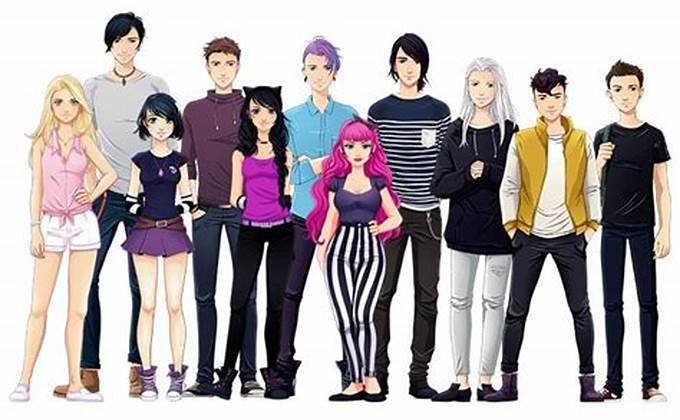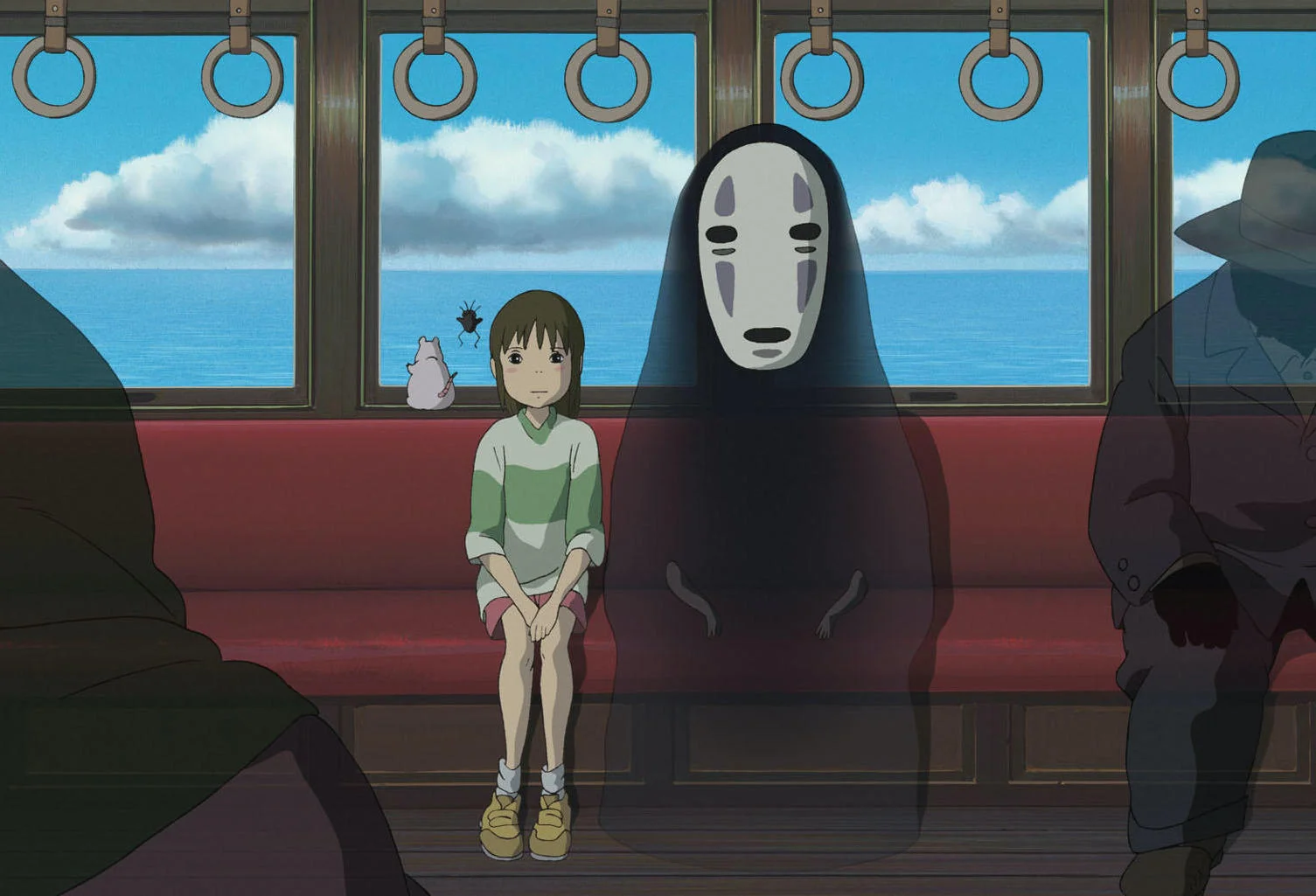Japanese horror films, or J-horror, are now globally recognized for their eerie atmosphere, psychological depth, and distinct cultural undertones. The genre owes much of its international success to the influence of film festivals, where J-horror first gained visibility beyond Japan. From the spine-chilling “Ringu” (1998) to the unsettling “Ju-On” (2002), film festivals have played a key role in bringing these films to the forefront of global horror cinema.
1. Introducing J-Horror to Global Audiences
In the late 1990s and early 2000s, film festivals became the launchpad for Japanese horror films on the international stage. These festivals provided the perfect platform for non-Japanese audiences to experience the unique storytelling and aesthetic of J-horror for the first time.
Notable Festival Moments:
- The Toronto International Film Festival (TIFF) was pivotal in introducing films like “Ringu” to Western audiences, sparking a global fascination with Japanese ghost stories and psychological horror.
- The Venice International Film Festival featured Kiyoshi Kurosawa’s psychological horror masterpiece “Cure” (1997), which captivated critics with its slow-burn tension and eerie visuals.
2. The Role of Horror-Specific Film Festivals
Horror-centric festivals such as Sitges Film Festival in Spain and Fantastic Fest in the U.S. have been particularly influential in promoting Japanese horror. These festivals cater specifically to fans of the horror genre, making them the ideal venues to showcase J-horror films to a dedicated and enthusiastic audience.
Festival Contributions:

- Sitges Film Festival, one of the most prestigious horror and fantasy festivals, regularly screens Japanese horror films, offering exposure to both established directors and emerging talents. Films like “Dark Water” (2002) gained popularity in Europe after being featured here.
- Fantastic Fest in Austin, Texas, frequently includes Japanese horror films in its lineup, fostering a loyal international fan base for the genre.
3. International Awards and Recognition
Film festivals have also played a crucial role in legitimizing Japanese horror films through international awards and accolades. When a film wins or is nominated for prestigious awards, it attracts greater attention and often secures international distribution deals.
Key Moments:
- Hideo Nakata’s “Ringu” won critical acclaim at several festivals, leading to the global spread of Japanese horror and a series of Western remakes, including the successful “The Ring” (2002) in Hollywood.
- Takashi Miike’s “Audition” (1999) was screened at multiple international festivals, including the Rotterdam International Film Festival, where it shocked and impressed audiences with its blend of horror and psychological drama, earning Miike global recognition.
4. Creating a Global Fanbase for Japanese Horror
Film festivals have helped create a global fanbase for Japanese horror by allowing international horror enthusiasts to engage with these films directly. This has led to the development of dedicated fan communities and increased demand for Japanese horror films in international markets.
Festival Influence:
- At events like Fantasia International Film Festival in Montreal, audiences embraced Japanese horror for its ability to blend supernatural elements with psychological tension. Films like “Ju-On: The Grudge” received widespread acclaim, sparking the U.S. remake “The Grudge” (2004).
- J-horror films often develop a cult following after being screened at festivals, with fans eagerly awaiting new releases and helping spread the genre through word-of-mouth and online communities.
5. Cross-Cultural Collaborations and Remakes
The global success of Japanese horror films, bolstered by film festivals, has led to numerous cross-cultural collaborations and remakes. Hollywood, in particular, has drawn inspiration from the eerie atmosphere and narrative style of J-horror, leading to successful remakes that further cement the genre’s international appeal.
Key Examples:
- Following the success of “Ringu” at international festivals, Hollywood produced “The Ring” (2002), which became a box office hit and introduced millions to the concept of Japanese horror.
- “Ju-On: The Grudge” had a similar trajectory, with its screening at film festivals leading to the Hollywood adaptation “The Grudge”, directed by Takashi Shimizu himself.
6. Nurturing Emerging Japanese Horror Filmmakers
Film festivals have also played a vital role in nurturing emerging Japanese horror filmmakers. Many of these filmmakers began their careers by submitting their works to international festivals, where they gained exposure and the opportunity to develop their craft further.
Key Contributions:
- Directors such as Kiyoshi Kurosawa (known for “Pulse” (2001)) and Takashi Miike received international recognition early in their careers, thanks to festival screenings. Their success paved the way for other Japanese horror filmmakers to find global audiences.
- Film festivals continue to provide platforms for young Japanese directors, encouraging innovation within the genre and ensuring the continued growth of J-horror.
7. Expanding Beyond Horror: The Influence on Other Genres
While festivals have primarily boosted the popularity of J-horror, the international exposure has had a ripple effect on other Japanese genres. The success of horror films has opened the door for Japanese thrillers, supernatural dramas, and even animated horror to reach a global audience.
Festival Contributions:
- Japanese horror directors often experiment with different genres, and their festival successes allow them to bring new genres into the spotlight. For instance, Takashi Miike has ventured beyond horror into crime dramas and action films, all while maintaining his festival presence.
- The success of horror has also led to more widespread acceptance of Japanese animation with darker themes, such as “Perfect Blue” (1997), which gained acclaim at film festivals for its psychological horror elements.
Conclusion
Film festivals have been instrumental in the global rise of Japanese horror films, serving as platforms for showcasing these eerie masterpieces to international audiences. Through awards, screenings, and cross-cultural collaborations, festivals have helped elevate J-horror to an esteemed position in the global horror genre. As these films continue to captivate and terrify audiences worldwide, the role of film festivals in their success remains undeniable.








